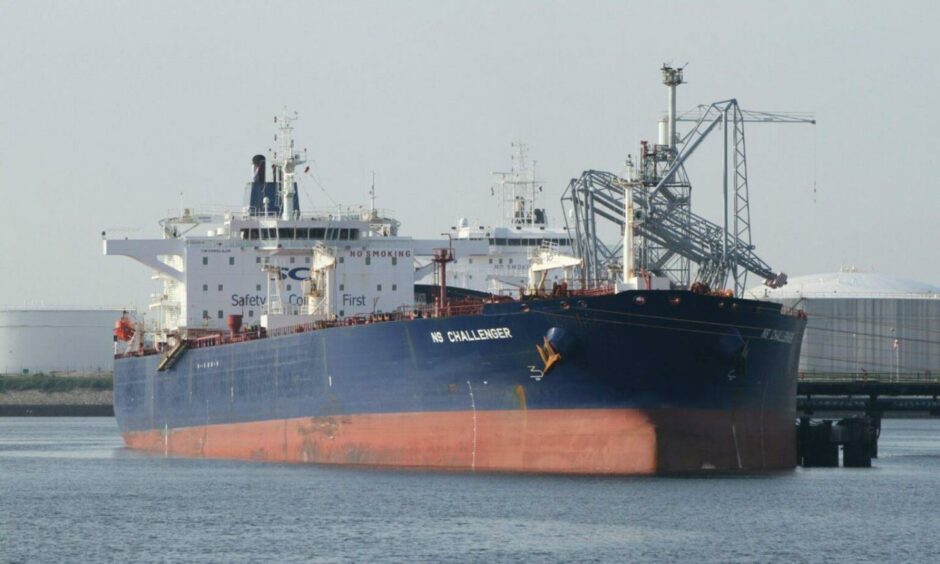
International sanctions on Russian crude will reduce supply by 2 million barrels per day of crude, Windward AI CEO and co-founder Ami Daniel has predicted.
“Russia and China will have their own distribution network, but I think a couple million bpd may die because of these sanctions. There will not be a physical way to transport it,” Daniel said.
The US and European Union have led in terms of tackling Russia’s ability to profit from its natural resource exports. Japan’s role is less clear.
“We don’t really know where Japan is standing,” Daniel said. It is hard to predict what the country may opt to do, but with the economy in bad shape the government is feeling the pressure, the CEO said.
“It’s a harder call for them and Russia is not an existential threat,” he continued. Whereas for Europe, and particular Germany, “Russia is an existential threat. They can’t back off.”
Enforcement
Enforcement of sanctions will be crucial. The Western authorities are taking steps to require shippers must prove that they are not transporting Russian oil. “If you can’t prove to your service providers, you are going under the price cap,” Daniel said.
An infraction of paying $1 over the price cap would then, for instance, mean the shipper would be cut off from piloting services, bunkering fuel provision and storage.
The sanctions will push China and Russia to extend their own shipping companies, the Windward CEO said. Such a move will put pressure on the tanker fleet.
“Tankers will do longer journeys, which increases the tonne miles, which means there’s more demand for tankers,” he said.
Amid the new challenges to the world’s energy supplies, Daniel noted the growing importance of energy security talks, over reducing carbon emissions.
“At Adipec, I heard that energy security was important and we need nuclear and hydrogen and hydrocarbons – I didn’t hear reduce fossil fuels,” he said.
